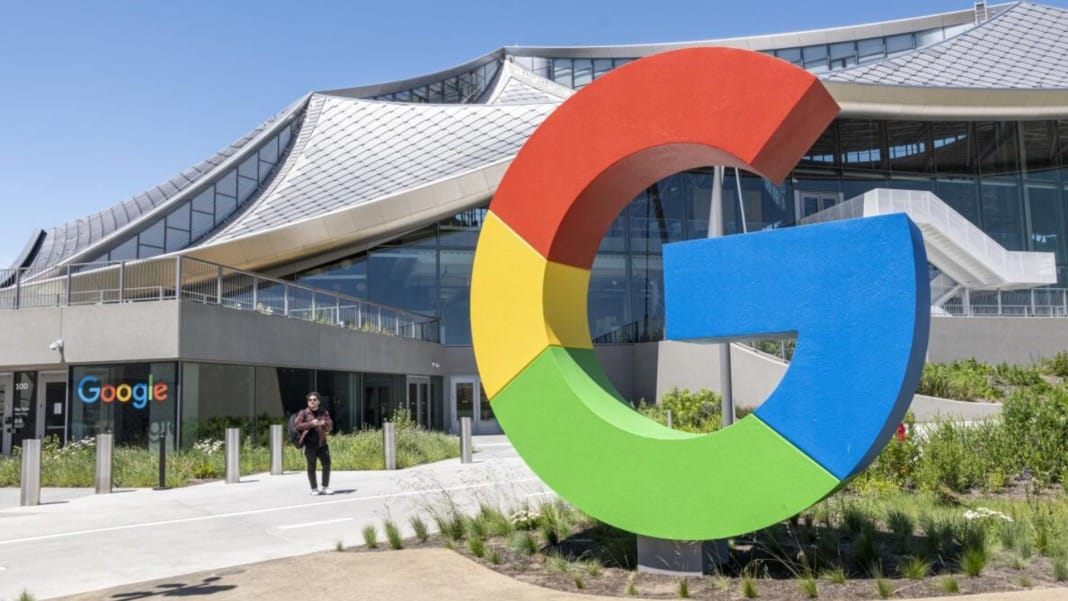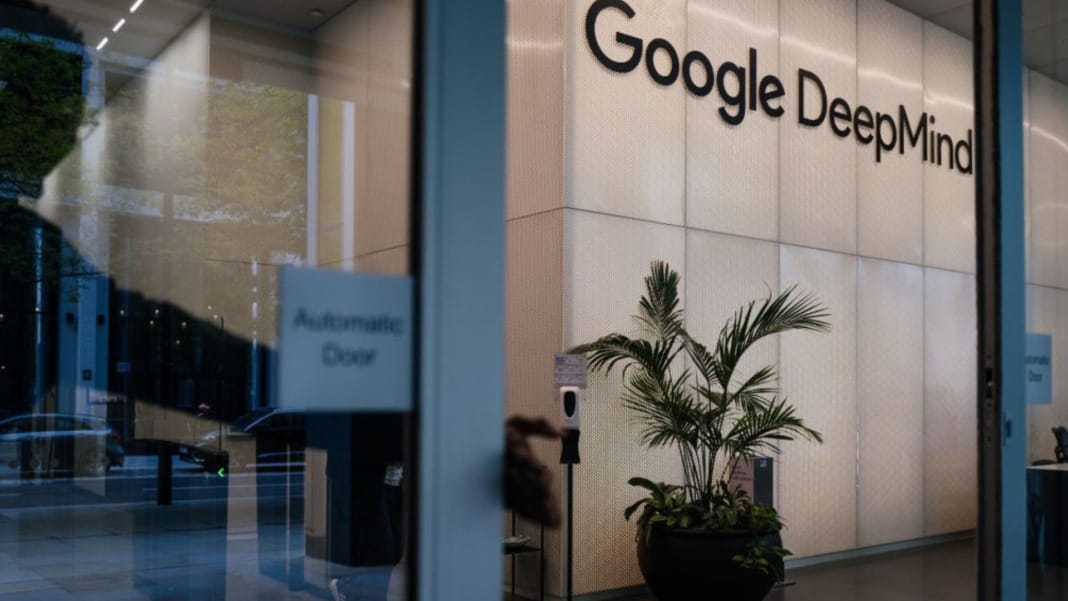In a significant development, Google has agreed with California lawmakers to fund local news outlets in the state. This comes after a lengthy dispute regarding a proposed law that would have required the tech giant to pay media companies for linking to their websites. The new deal ended months of tension and committed Google to invest millions of dollars into supporting local journalism and an artificial intelligence (AI) accelerator programme in California.
Resolution after a contentious debate
The standoff began with the introduction of the California Journalism Preservation Act, a bill designed to ensure that major platforms like Google and Meta compensate local publishers whenever their content is linked. This legislation was similar to those already in place in Canada and Australia. Google strongly opposed the bill, arguing it was unnecessary and could adversely affect the digital economy.
In response to the proposed law, Google initiated a “short-term test” earlier this year, deliberately removing local news links for some California users. Additionally, the company temporarily halted its funding for local news initiatives within the state, further heightening the dispute.
However, the recent agreement marks a turnaround. Google has now agreed to contribute a minimum of US$55 million to a non-profit public charity based at the University of California, Berkeley’s journalism school. This fund will be managed by the university and supplemented with an additional US$70 million from the state of California. This fund aims to bolster local news organisations, ensuring they receive the support they need in a challenging media landscape.
Long-term commitments and AI innovation
Beyond the immediate funding for journalism, the agreement also outlines Google’s commitment to invest US$50 million over the next five years in various “existing journalism programmes.” Although specific details of these programmes have not been disclosed, the funding is expected to support media outlets across California, helping them navigate the evolving digital environment.
Another noteworthy aspect of the deal is the creation of a “National AI Innovation Accelerator,” a programme in which Google will invest at least US$17.5 million. This initiative is intended to support AI-driven projects for local businesses, non-profits, and newsrooms in California. The specifics of this AI accelerator are still unclear, but it is expected to fund experiments that could transform how local news is produced and delivered.
However, this AI initiative could prove controversial. Some observers worry that increased reliance on AI in newsrooms could strain relations between publishers and tech companies. Concerns have been raised that AI could further automate news production, potentially reducing the need for human journalists and editors.
A public-private partnership for the future
In a statement, Kent Walker, Alphabet’s President of Global Affairs, praised California Governor Gavin Newsom and other state officials for their “thoughtful leadership” in brokering the agreement. He emphasised that the partnership represents a significant step in supporting local news while advancing AI innovation.
“California lawmakers have worked closely with the tech and news sectors to create a collaborative framework,” Walker stated. “This will accelerate AI innovation and provide essential support to local and national businesses and non-profit organisations.”
He added that this public-private partnership reinforces Google’s long-standing commitment to journalism and establishes California as a leader in AI policy development.
The agreement is being hailed as a victory for local news outlets and the broader tech industry, demonstrating how collaboration can lead to mutually beneficial outcomes.





